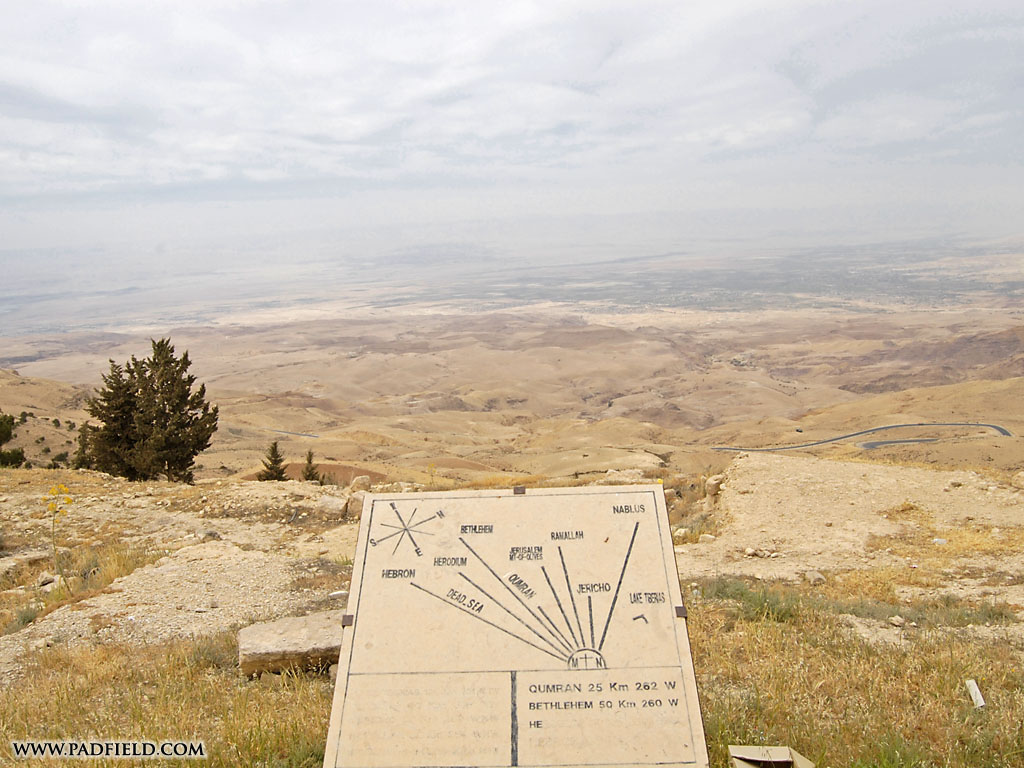I alternate between Pesach and Sukkot as my favorite Jewish holiday. I love building and hanging out in our Sukkah. Feeding people I love and celebrating with them is my happy place – and so I love the seder as well. Passover is so much more than that though.
Geulah – Redemption – is
much more than a moment in our history: the crossing of the Sea of Reeds on the
beginning of the walk to freedom. It is a Jewish value. We invoke it when we
participate in freeing someone from captivity or slavery. Some of us remember
participating in the movement to free the Refuseniks – Jews in the Soviet Union
who only wanted to be free to be Jewish, to teach Hebrew or go to Israel. That
was Geulah. Natan Sharansky, a former Knesset member and leader of the Jewish
Agency was perhaps the most famous Refusenik.
Many of you know that I
have been a mentor for Jewish professionals who participate in the immersion
program at Beit T’shuvah in Los Angeles. Beit T’shuvah (literally “house of
repentance”) is a residential recovery facility for people trying cope with
alcoholism or ay of a number of other addictions. The immersion program is
designed to teach clergy, educators and communal workers how to better
recognize and help addicted folks in their communities.
 |
| A scene from Freedom Song |
A few years ago, we brought Beit T’shuvah’s Redemption Song to B’nai Israel. It is a piece of musical theater written and performed by people in recovery. It tells a story of families with addicted members against the background of Passover seders and the Exodus from Egypt. It was and is an amazing show.
Mark Borovitz, emeritus Rabbi of Beit T’shuvah, refers to Passover as the second High Holy Days for people in recovery. For them to achieve Redemption, they must go through the steps of Repentence (T’shuvah). They use the 12 Steps of Recovery to help them do that. The 8th, 9th and 10th steps all look a lot like how we Jews are taught to atone during the period leading up to Yom Kippur:
- Made a list of all persons we had
harmed and became willing to make amends to them all.
- Made direct amends to such people
wherever possible, except when to do so would injure them or others.
- Continued to take personal inventory and when we were wrong, promptly admitted it.
So as we prepare for own
Pesach seder – as we buy and prepare the food, set the table, plan how we will
lead the seder – let’s also take some time to reflect. What do I need to do to
make sure I reach the other side of the Sea of Reeds? How can I make sure I and
the ones I love will find redemption? I suggest making a list, making amends
and continue to look to our own actions. Through T’shuvah, we can find Geulah!
We all wish you a
wonderful Pesach and a safe journey to Redemption. If you need any help in
preparing, let me know!
L’shalom,
Ira

